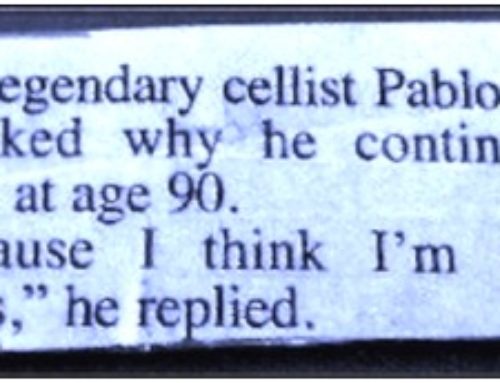There is a voice that doesn’t have words. Listen. -Rumi
“The intellect has little to do on the road to discovery. There comes a leap in consciousness, call it intuition or what you will, the solution comes to you and you don’t know how or why.” -Albert Einstein
With every decision to be made, every judgement you make, there is a battle in your mind – a battle between intuition and logic. And the intuitive part of your mind is a lot more powerful than you may think.
Everyone knows the experience of a gut feeling — that unconscious reasoning that propels you to do something without telling you why or how. But the nature of intuition has continued to puzzle us and has inspired research for centuries in the fields of philosophy and psychology.
Sophy Burnham, in The Art of Intuition, defines intuition as “the subtle knowing without ever having any idea why you know it.” “It’s different from thinking, it’s different from logic or analysis … It’s a knowing without knowing.”
Daniel Kahneman and Amos Tversky, defined that we have two systems of thinking. There’s the deliberate, logical part of your mind that is capable of analyzing a problem and coming up with a rational answer. This is the part of your mind that you are aware of. It’s expert at solving problems, but it is slow, requires a great deal of energy and work. The analytic approach is detail-oriented, logical, and quantitative. It is specifically designed to weed out bias and faulty thinking. The disadvantage of this system of thinking is that it is time and effort intensive, and it is only as good as the evidence that feeds into it.
The other system of intuition is fast and automatic. We get an overall feeling for a something, based upon evolved emotions and altered by our own experiences. We can act quickly on such feelings. A disadvantage of intuition is that it is susceptible to bias and may not consider all details. This fast way of thinking is incredibly powerful, but hidden. It is responsible for most of the things that we say, do, think and believe. And yet we often have no idea this is happening. This system is a sort of hidden auto-pilot, and it has a mind of its own
Most of the time, our fast, intuitive mind is in control, efficiently taking charge of all the thousands of decisions we make each day. The problem comes when we allow our fast, intuitive system to make decisions that we really should pass over to our slow, logical system. This is where the mistakes creep in. Our intuitive thought process is full of systematic mistakes known to psychologists as cognitive biases. And they affect everything we do. They make us spend impulsively, be overly influenced by what other people think. They affect our beliefs, our opinions, and our decisions, and we have no idea it is happening.
Research has found that expertise and experience results in better intuitive decision-making. However, the same expertise and experience does not necessarily result in better analytical decision making. No matter what your experience, if you apply a detailed analytical approach you can usually come to a reliable decision.
Psychotherapy with Lind Butler, LPC can help you make life changes and decisions. By learning to listen to that inner voice of intuition, you can balance the use of an analytic perspective.



